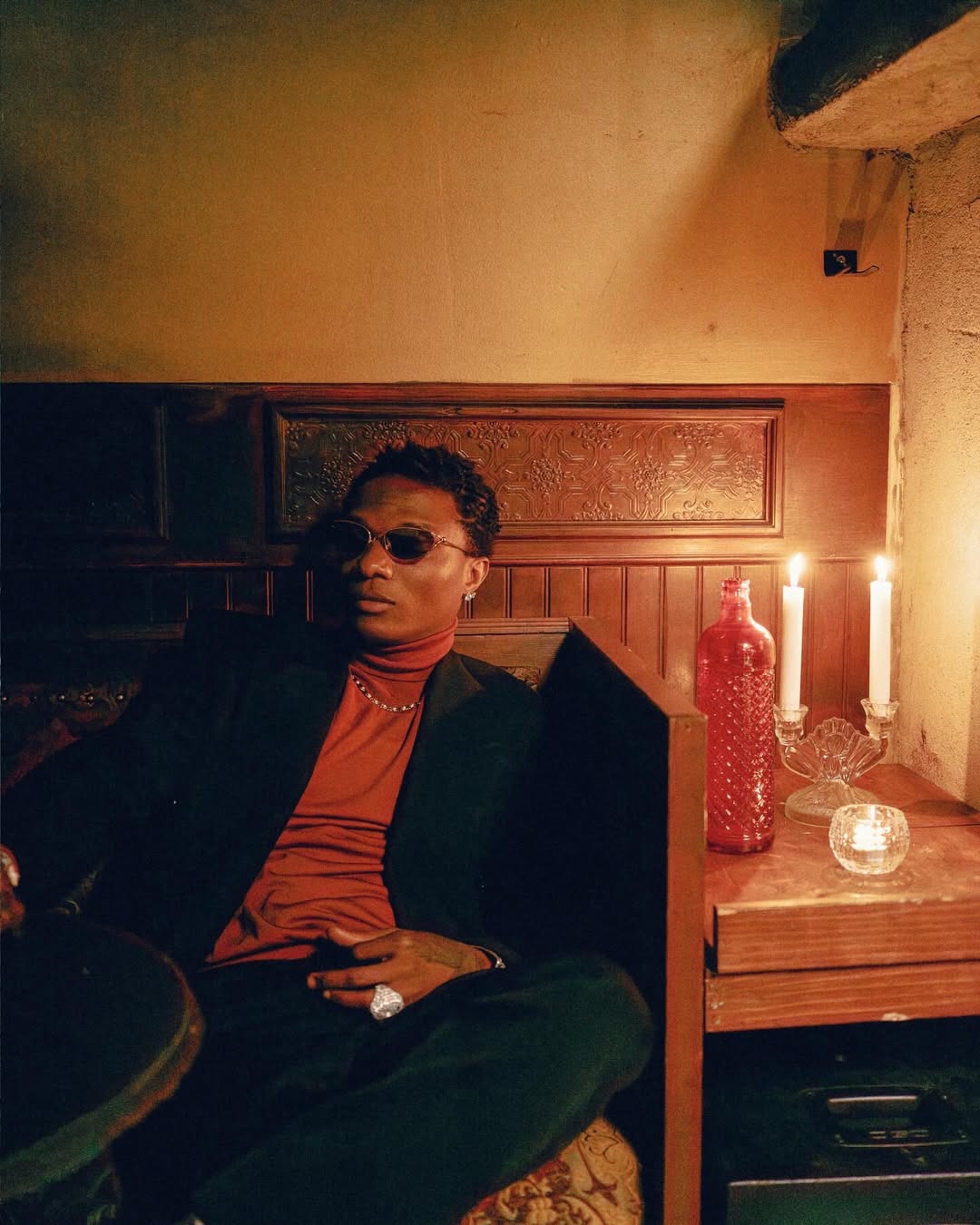Bomi Anifowose
By the time a country turns sixty-five, it usually has a pension plan, a few grey hairs in parliament, and at least one respectable historian who can narrate its errors with the soft, forgiving cadence of a sonnet. Nigeria, bless her, is not that kind of country. At sixty-five she is a relentless mixtape, equal parts protest song, party anthem, and hold-music for people trying to move out of line. If independence were a record label, Nigeria would be the subsidiary that accidentally became a global streaming service.
Call it the Japa Republic, a notional nation whose citizens have mastered the art of departure so well it looks like a national sport. Japa is not treason; it is choreography. There is a tempo to it: the slow, long build of leaving home; the syncopated panic at airports; the triumphant chorus of “I made it” in new postal codes. Our diaspora is not merely a scattering of people: it’s a touring ensemble.
They carry Nigerian music in their backpacks, teach foreign airwaves the Afrorhythm, and in between gigs they send money home, a currency both literal and cultural. We exported engineers, doctors, and hair braiders; we also exported a sound that refused to be reduced to a footnote.
This is where the satire bites: at sixty-five, Nigeria has become a masterclass in the difference between soft power and domestic service delivery. Our soft power, Afrobeats, Fela’s electric sermon, the cadences of pidgin that qualify as the warmest global lingua franca, has the stamina of a stadium tour.
Our domestic service delivery, by contrast, runs on a playlist of buffering icons. We are a country whose most consistent exports have been songs and skilled people, whose most generous import is the foreign degree. The punchline is cruel and elegant: music found its independence long before the nation did.
An English major would want the metaphor neat: our history is a long refrain, and the refrain is migration. A music lover would add the technical detail: the bridge lands on remittance, the chorus on resilience, and the outro is a voicemail from home. But satire needs a sharper edge.
So imagine the Ministry of Culture pitching a new national flag, a tri-colour with a small Wi-Fi icon and a headphone jack, because why not make our brand match our export? Imagine the national anthem rewritten in 4/4, then featuring a guest verse from the most streamed Nigerian artist, because only then will citizens stand and pay attention.
To be affectionately cruel: Nigeria is the proud parents of prodigies she could not keep. Her universities train poets who will go to teach overseas; her streets raise drummers whose boom becomes global BPM We cultivate talent like bonsai trees and then hand them to someone with better climate control.
The joke, bitter as it is, is that we celebrate the trophies on our mantelpieces, Grammy nominations, international tours, while the plumbing behind the wall leaks. We cheer as our artists headline foreign festivals; we applaud their passports like medals. Meanwhile, the infrastructure that might keep a young producer home, studios with steady power, viable grants, credible copyright enforcement, remains an aspiration on the liner notes.
But satire’s job is not merely to deride; it’s to reveal. What Japa Republic unwittingly tells us is that culture can be both refuge and indictment. The world loves our music, our pop culture because it is urgent, raw, and generous; it enchants global audiences because it was born in improvisation and survival. The same improvisation is what teaches people to leave. Our songs, our stars become global not just because they are catchy but because they narrate movement, of bodies, of hopes, of passports
The soundtrack of Japa Republic might be Afrobeats, but its cinematography belongs to the likes of Damson Idris, whose on-screen magnetism reminds the world that Nigerian charisma travels well. Its creative direction is styled by Gabriel Moses, the London-born visionary who shoots like he’s painting prayers. Its wardrobe is stitched by Mowalola Ogunlesi, whose futuristic fashion feels like Lagos in 2085, bold, absurd, brilliant. Even its sonic rebellion is narrated by Skepta, the British-Nigerian rapper who made grime sound like Lagos hustle in London weather.
The irony is deliciously tragic. Nigeria’s cultural influence is borderless, yet her infrastructure still stumbles on the basics. We host the world’s next creative generation, but struggle to host consistent electricity. We stream Grammy performances on generators. We teach the world rhythm and resilience, but can’t quite sync our national tempo. Sixty-five years in, Nigeria’s independence looks suspiciously like perpetual adolescence, a country that never fully grew up but somehow produced the coolest kids in every room.




